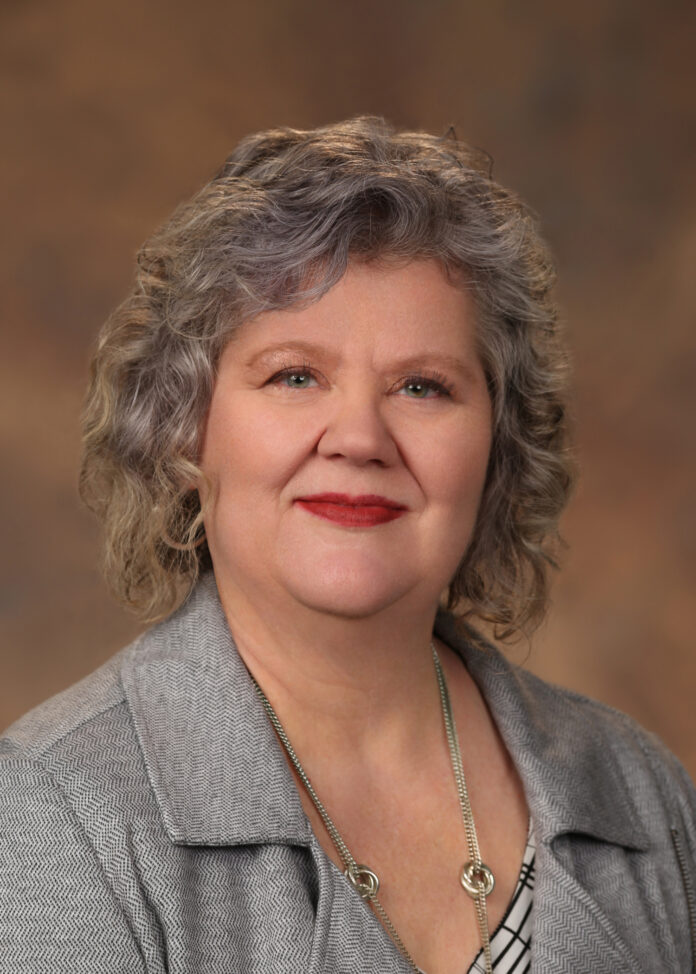
One of my cousins is the mother of twins. Several years ago, one of those boys fell in love, and asked his young lady to marry him. She said yes. Two days later, she was killed in a car wreck.
Her fiancé, my cousin’s son, killed himself within 24 hours of hearing the news. His suicide note said, “You will be better off without me, because I will never be me again.”
He was a good kid, someone who cared about others, a young man who loved his family and friends, and until that day, made decisions based on the well-being of others. I cannot imagine the thought processes that took him to the point to think that his family would be better off without him, but I do know that if he knew the chain of events that would result, he would have reconsidered.
His twin and his parents turned to drugs and alcohol to deal with their grief; never a good solution. Two years later, his twin also committed suicide, also saying people would be better off without him. My cousin has been in jail for DUI, and in and out of rehabs ever since. Her husband has also had major life issues, and they have divorced since the tragic deaths of their sons. They certainly are not better off without their boys. My entire family is lessened because of the losses of these two young men.
Unfortunately, far too many families experience what my family has with suicide: long-lasting, devastating effects to everyone who had a relationship with the person who took their own life.
According to the Centers for Disease Control and Prevention (CDC), 312,000 people visit emergency departments each year for self-harm injuries, and 47,511 people die each year from suicide in the U.S.
Suicide is the 10th leading cause of death in the U.S. Nearly half of suicide deaths are related to firearms. The International Association for Suicide Prevention (IASP) states that worldwide, 1 in every 100 deaths is due to suicide. That works out to about 703,000 people each year.
Another 2 million people worldwide attempt suicide each year. The suicide rate among men is twice that of women, and over half of all suicides worldwide occur in people under age 50. Three-quarters of the suicides worldwide occur in low- and middle-income countries.
People who suffer from depression are 20 times more likely to die from suicide than from any other health condition.
Unfortunately, there is no easy fix for suicide. The thoughts that lead to suicide are very complex, and no one approach works for everyone. The experts do know, however, that there are factors and life events that do make people more vulnerable to suicidal thoughts.
Mental health conditions such as anxiety and depression also can contribute to suicidal thoughts. COVID-19 with the social distancing and resulting isolation, hasn’t helped either, because it has made susceptible individuals feel even more alone and vulnerable.
World Suicide Prevention Day was developed to make an impact on these statistics. The day was designed to let people know there are things we can all do to reduce the incidences of suicide.
First, take the time to reach out. Very often the first step in someone seeking help is knowing that someone else cares for them. Making time to listen to those around you can make a huge difference.
Second, watch out for the warning signs of suicide in the people you know: hopelessness, rage, uncontrolled anger, seeking revenge, reckless behavior, engaging in risky behaviors without seeming to think about them, statements of feeling trapped, increased alcohol or drug use, withdrawal from friends, family, and normal activities, anxiety, agitation, sleep disturbances, and dramatic mood changes can all be signs of suicidal thoughts.
Third, remember you don’t need to have the answers, individuals in distress are not always looking for specific advice, they are looking for empathy, compassion, and genuine concern. By being there, letting them know you want to help, and referring them to appropriate resources you can make a big difference.
One of the best resources out there is the national suicide prevention lifeline. That number is 800-273-8255. Your primary health care provider, emergency rooms, urgent care centers, and 911 can also help get people to the right resources, so please reach out to them as well if you or someone you know is considering suicide or showing signs of suicidal thoughts.



